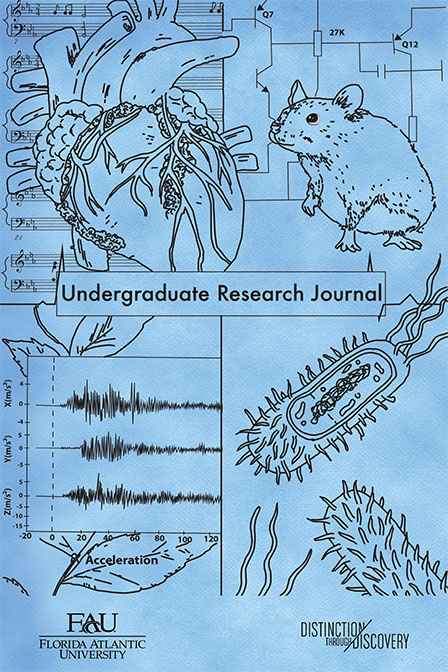Gender and Agency in Young Adult Fiction
Keywords:
literature, gender studies, young adult fictionAbstract
This research paper investigated a gender shift in the identity search within Young Adult
Fantasy novels between the mid-twentieth century and the contemporary period utilizing an emergent
Structuralist pattern of four Emotional Discourses. The author argued that an adolescent’s search
for identity (within the context of the Young Adult Fantasy genre) during the mid-twentieth century
focused on personal reflection and self-realization regardless of gender; whereas, the comingof-
age journey for self-discovery in contemporary novels, or series of novels, (of the same genre)
hinged on gender. Applying these discourses, readings from Earthsea and Twilight series texts analyzed
the discourses (challenges and identifications) of both male and female characters to determine
how each made decisions. Structuralist analysis showed female teens today gain identity through
self-sacrificing means while contemporary male adolescents and both teens of both sexes discovered
identity through self-realization in the midtwentieth century. With the inception of the young
adult genre in the mid-twentieth century, character identity for both male and female adolescents
developed through independent choice and internal consideration. Initially, this genre contrasted the
ways women in literature were identified, generally by their relationships to others, such as wife or
mother. However, a trend in contemporary young adult fantasy seems to shift the motivation behind
adolescent female identity search from self-realization to self-sacrifice. Utilizing a structuralist lens
and various psychoanalytical theories, a pattern of emotional discourses emerges in the young adult
coming-of-age stories. Close readings and explication of representative texts utilizing this overarching
blueprint expose this new trend. As a result of this analysis, I argue that an adolescent’s search for
identity (within young adult fantasy) during the mid-twentieth century focuses on personal reflection
and self-realization regardless of gender; whereas, the coming-of-age journey for self-discovery
in contemporary novels (of the same genre) hinges on gender. While boys continue to pursue their
identity through internal means, girls’ identity decisions center on their relationships with others,
specifically romantic interests and familial connections.


